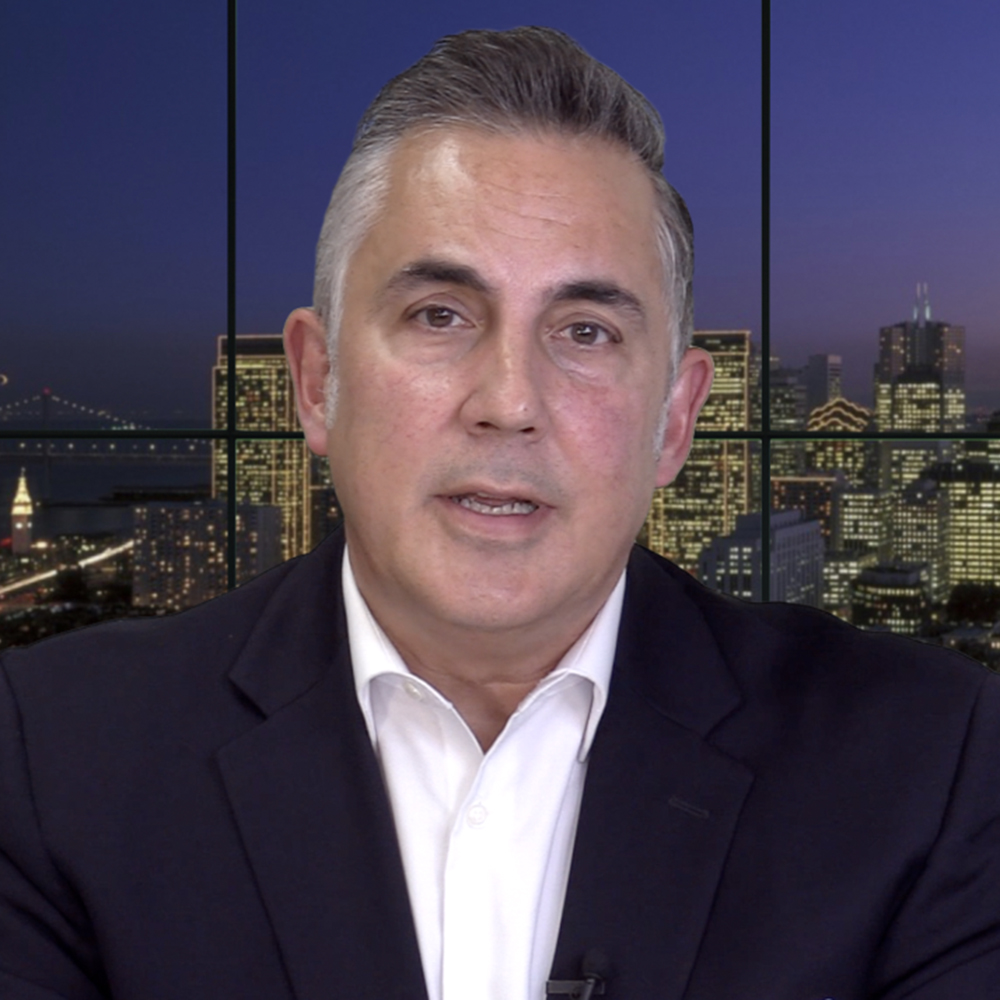[ad#CCCS]
We’re living longer, and generally healthier, than ever before in history. And while that’s good news overall, it can completely alter the trajectory of retirement, unless seniors are aware of their potential longevity and begin to plan accordingly in their pre-retirement years.

The following information comes from the most recent Society of Actuaries (SOA) report on longevity, finances, and working in “retirement”. As a reverse mortgage specialist, you can use it as a guide with prospective clients who are deciding whether a reverse mortgage makes sense as part of their overall financial planning strategy:
- With life expectancy rates spiraling upward, more than one-third (35 percent) of pre-retirees say they “do not plan to retire.” This can put a crimp in plans to travel or spend more time with grandchildren;
- 31 percent of retirees cite a life expectancy longer than the population average;
- Three-quarters of retirees (74 percent) report they will continue working in retirement because they need the income.
These findings do not bode well for the secure, peaceful later life that most of us envision for those we love — and for our own elder years. Clearly, something got “lost in translation” from the last generation: a fail-safe economic environment and an extended family support system.
“There is a big gap in the age at which pre-retirees expect to retire and actual retirement ages of those who have retired from their primary occupation,” confirms actuary and retirement expert Carol Bogosian, ASA. “This may be partially due to involuntary retirement and health problems. This gap, together with the failure of many people to plan for a long enough retirement period, may indicate significant future financial problems for many.”
This information can be helpful to seniors in determining whether and when to apply for a reverse mortgage, especially if they’re unable or unwilling to continue working well into their retirement years. But those who do opt to continue generating income are proving they’re as unlike previous generations as today’s economy is to that of the 1950s.
The SOA report found that:
- Half the retirees who work after “retiring” do so with a different employer than the one they worked for pre-retirement;
- 40 percent use entirely new skills in their post-retirement work;
- Nearly a fourth (22 percent) started their own business in retirement.
We may be living longer, but we’ve still got the pioneer spirit that launched the Industrial Revolution — and then some.








No comment yet, add your voice below!